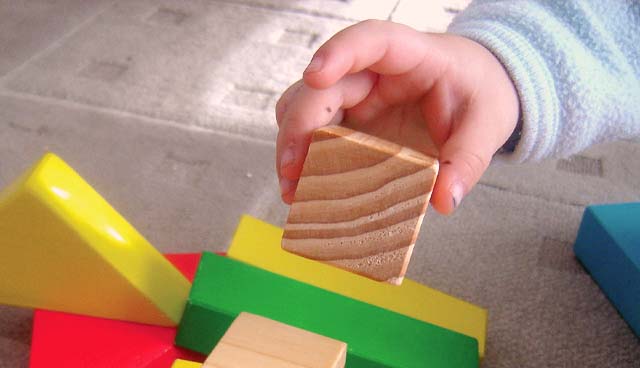Swann opens autism strategy public consultation

Having published an interim autism strategy for 2021/2022, Minister for Health Robin Swann MLA has opened up the public consultation period for the formulation of Northern Ireland’s next full autism strategy, slated to cover from 2023 to 2028. This comes in the wake of a report published in May that found that one in 20 schoolchildren in Northern Ireland have an autism diagnosis.
The public consultation released by the Minister takes the form of a questionnaire that poses three questions to respondents:
- Tell us what you think the four key priorities should be for the next Autism Strategy in Northern Ireland in 2023.
- How can we practically involve people with lived experience of autism in developing the next Autism Strategy?
- What changes would you like to see in our services, our communities, and our society as a result of the Autism Strategy?
In March 2021, Swann published his Autism Interim Strategy 2021-2022 in order to fill the gap between the completion of the Autism Strategy 2013-2020 and the commencement of the next long-term strategy, now expected for delivery in 2023. The interim strategy sought to deliver three strategic outcomes: a healthy life with access to services on an equal and timely basis; a life with opportunities to live as an active citizen; and an independent life supported by greater societal understanding and choices.
To fulfill the goal of a healthy life with equal access to services, the interim strategy pledged to implement a new framework of care, lead a review of adult autism services, and improve mental health service pathways. The continued phased implementation of the Special Education Needs Framework is also pointed to within the interim strategy as delivering “improve[d] participation and empowerment for all children”, while the development of a new Supporting People Strategy to “facilitate and deliver high quality housing support and promote independent living to those most in need” is also pledged.
The need for these strategies was contextualised by the publication of a Department of Health report in May 2021 that found that more than 13,000 children between the ages of four and 15 in Northern Ireland have a diagnosis of autism, accounting for an estimated 4.5 per cent of the school going population. This proportionate rate means that the occurrence of diagnosed autism in schoolchildren has more than trebled in just over a decade, recording a jump from the 1.2 per cent found in 2009.
The Department has cautioned against direct comparison between years due to changes in the collation of autism data, but it also said that an increasing number of children with all ages are being diagnosed with autism. Boys were found to be three times more likely than girls to have a diagnosis of autism and the number of school-age children with autism has been increasing by roughly 10 per cent a year for the past decade. While the vast majority of children with autism have special education needs, 14 per cent were found to not be in need of any additional help.
Autism levels were found to be higher among children from the most deprived areas of Northern Ireland, with the highest rates found in the Belfast Trust area. The rate of autism in children from areas within the top 10 per cent most deprived areas was found to be 37 per cent higher than the Northern Ireland average.





